Navigating the job interview process can be an incredibly daunting experience, especially for candidates eager to impress potential employers. Questions swirl in your mind, from concerns about your attire to worries about the salary on offer.
For one former tech executive, however, the focus is less about the traditional interview questions and more about a seemingly simple yet revealing test involving a coffee cup. This unique approach sheds light on workplace culture and attitude, serving as a valuable insight for both candidates and employers.
The coffee test: a simple approach to hiring
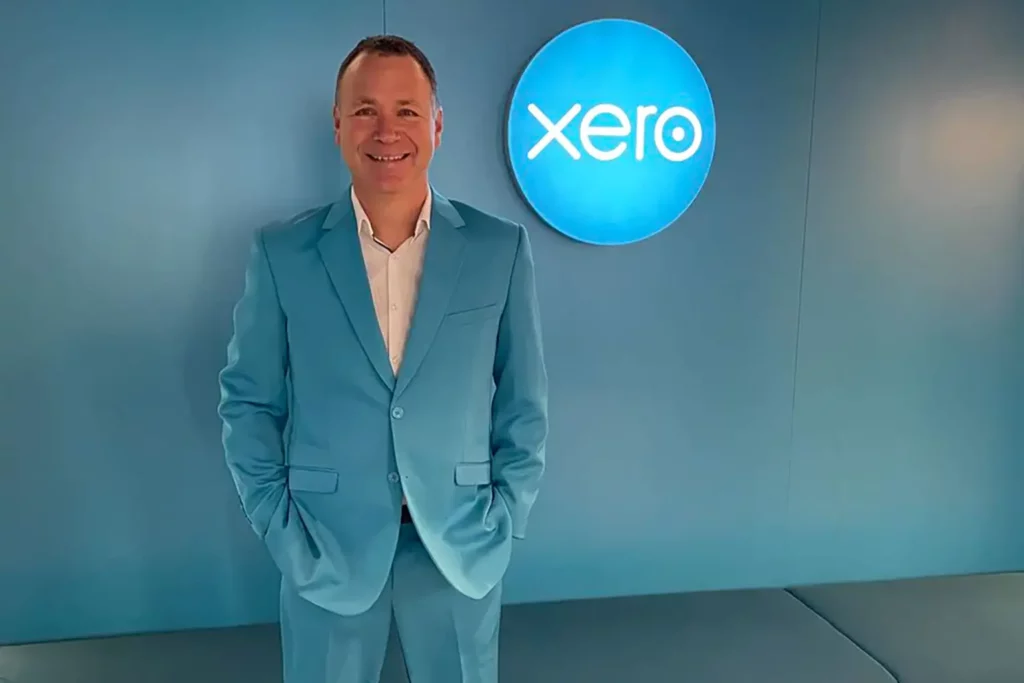
Trent Innes, the former Managing Director of Xero Australia, has developed a distinctive strategy he employs during every job interview. He takes candidates on a brief stroll to one of the office kitchens, where they are offered a drink.
As Innes describes, “I will always take you for a walk down to one of our kitchens and somehow you always end up walking away with a drink.” This casual setting serves as a precursor to the real test that follows.
What happens after the coffee break?

Once the drink is in hand, the formal interview begins. However, Innes keeps a keen eye on one particular detail at the end of the session: whether the candidate is willing to take their empty coffee cup back to the kitchen.
He explains, “One of the things I’m always looking for at the end of the interview is, does the person doing the interview want to take that empty cup back to the kitchen?” This seemingly trivial action reflects a broader attitude that Innes believes is crucial for workplace success.
Attitude matters more than skills or experience

Innes emphasizes that while skills and knowledge can be acquired, attitude is far more significant in determining a candidate’s fit within a team. He highlights the idea of “wash your coffee cup” as a guiding principle for the kind of mindset he values in potential employees.
He notes, “You can develop skills, you can gain knowledge and experience but it really does come down to attitude.” This focus on attitude shapes the culture within his organization and is integral to team dynamics.
A clean kitchen equals a happy workplace
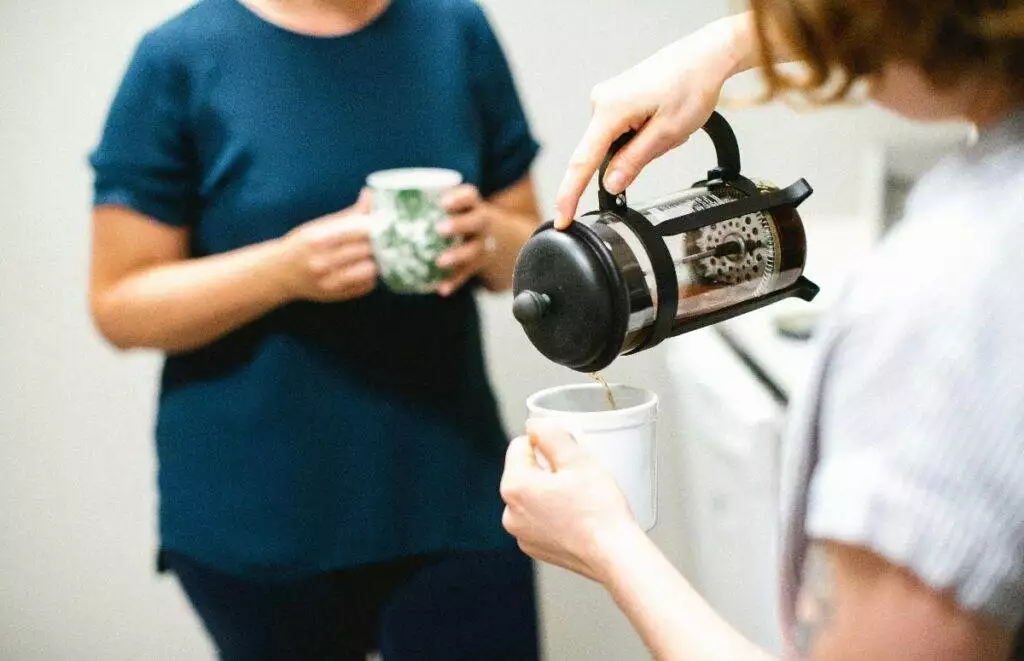
The cleanliness of the kitchen at Xero serves as a testament to the success of Innes’s coffee cup test. He shares, “If you come into the office one day inside Xero, you’ll see the kitchens are almost always clean and sparkling.”
This tidiness is not just a coincidence; it’s a direct reflection of the culture he fosters. By ensuring that employees take responsibility for their space, he cultivates a collaborative and respectful workplace environment.
Two simple rules to foster collaboration
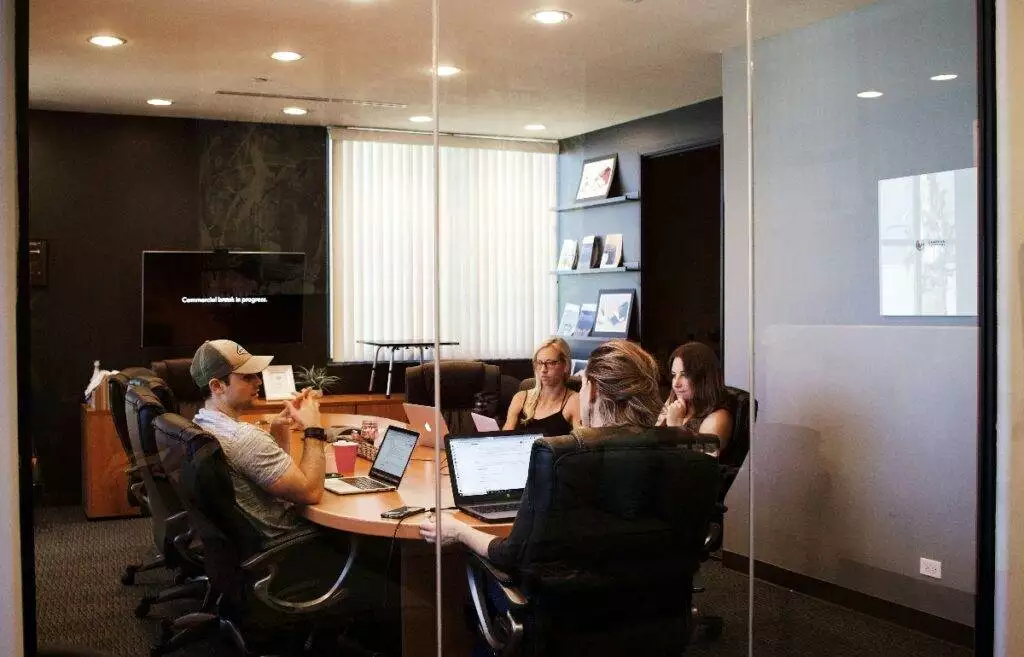
In addition to the coffee cup test, Innes has established two fundamental rules contributing to a positive workplace culture. He insists, “Number one, you can’t eat lunch at your desk.”
This policy encourages employees to gather in common areas, fostering interaction and collaboration. His commitment to open spaces supports the idea that social connections lead to greater teamwork and creativity.
The second rule: a small task with big implications
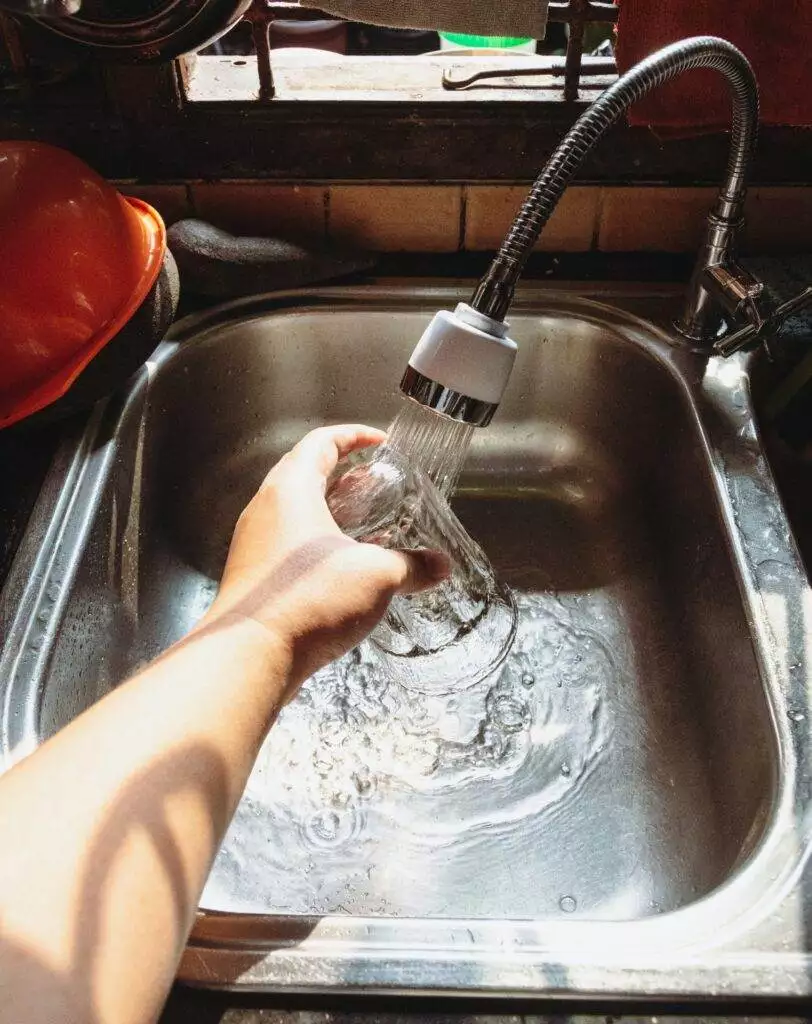
The second rule is equally straightforward yet impactful: “You have to wash your own coffee cup.” By making this a non-negotiable expectation, Innes reinforces the importance of personal responsibility within the team.
This seemingly minor task plays a significant role in maintaining a clean environment and promoting a sense of ownership among employees.
Job candidates need to be mindful of their manners

Interviewers are always watching; candidates should remember that first impressions are critical. An employee shared an anecdote about a candidate who failed to make a good impression early on.
“He was dismissive to the receptionist,” the employee noted. This candidate didn’t realize that the receptionist was, in fact, the hiring manager, leading to his swift disqualification.
It’s all about respecting everyone you encounter
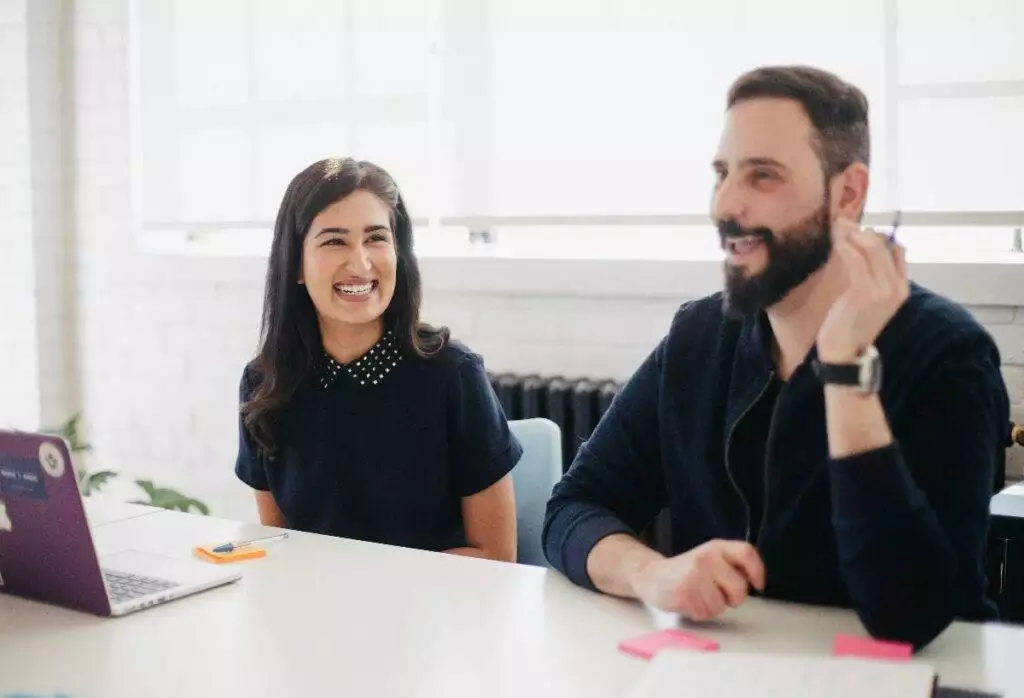
The story serves as a reminder that every interaction matters during the interview process. The employee continued, “What the candidate did not realize was that the ‘receptionist’ was actually the hiring manager.”
The lesson here is clear: treating everyone with respect can significantly impact the outcome of your job interview.
Job interviews can bring about anxiety for many

Facing a job interview often comes with its share of anxiety. Candidates typically experience a whirlwind of emotions, from intense preparation to the fear of making a poor impression.
This stress can lead to self-doubt and concerns about how to behave in the interview room. The coffee cup test, while unconventional, offers a unique approach to alleviate some of this pressure.
Embracing new experiences can be overwhelming

Ultimately, it’s essential for candidates to approach job interviews with a mindset geared toward learning and adapting. While nerves are a natural response, they shouldn’t overshadow the opportunity for growth.
As candidates step into these high-stakes situations, maintaining composure and showing genuine interest can lead to positive outcomes, even in the most unexpected circumstances.
















































